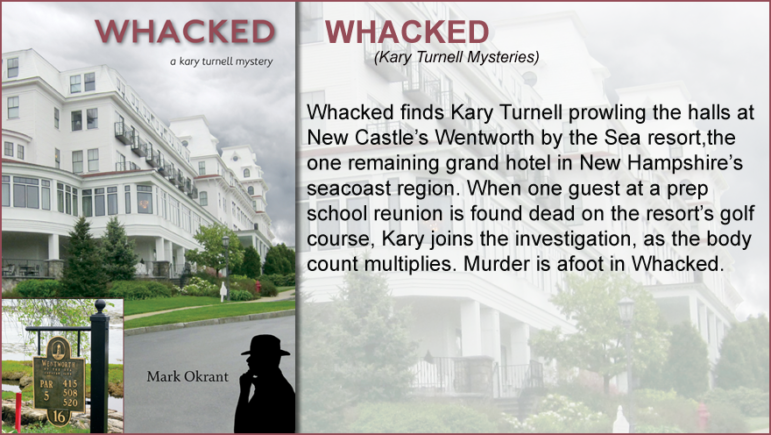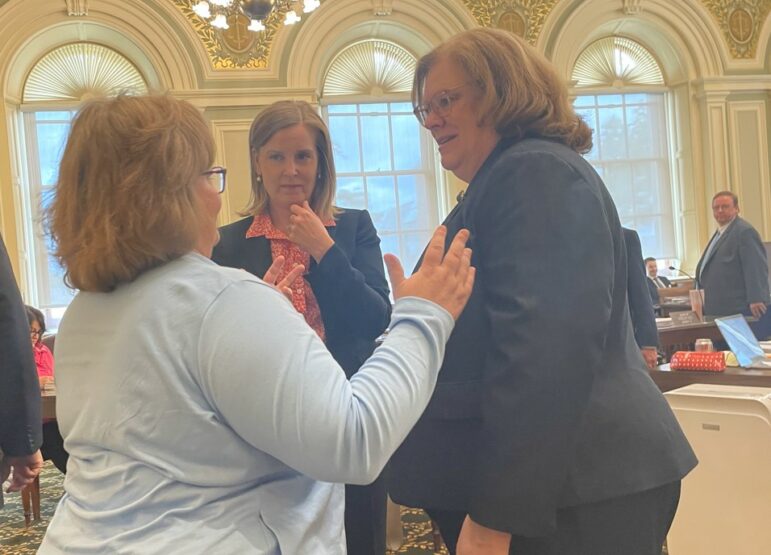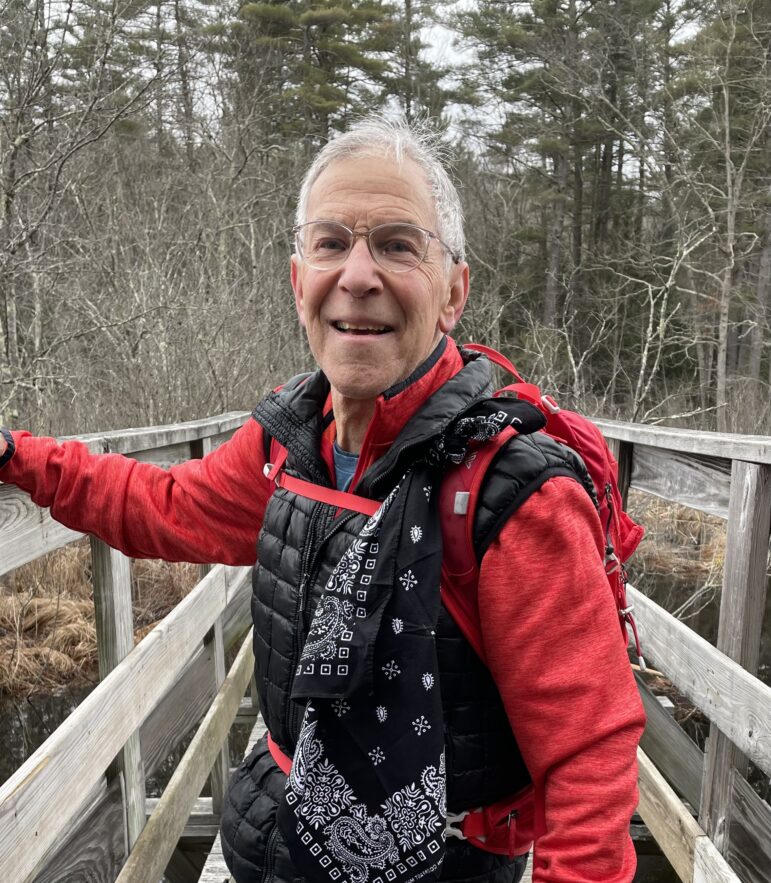By Mark Okrant,
NH Travel Guru
This past week, a number of world religious leaders collaborated to send a message encouraging their followers to reject words and actions of hate. Sadly, it has become increasingly de rigeur to openly express disdain for others who are different from ourselves.

Mark Okrant, the NH Travel Guru
In the world of travel and tourism, residents target tourists, an insult directed at people from other areas who are visiting one’s locale. When your neighbor or Aunt Tilly uses the T term, it is frequently accompanied by a modifier. Witness the following illusory conversation: “Look Tommy, here come those ****ing tourists again.” To which Tommy replies, “Aw nuts, auntie; I wish those tourists would stay home.”
None of this is fair, or wise. After all, we wouldn’t think of telling a resident from another country to stay away . . . would we? Why do some of us exhibit a negative attitude toward visitors from another place?
Within New Hampshire, misunderstanding and rumor have guided these expressions of negativity. Years ago, there were numerous unsubstantiated stories about people from Massachusetts driving to New Hampshire for the sole purpose of illegally dumping construction materials and other forms of trash. Some Granite Staters claimed to be victims of Bay Staters’ open expressions of disdain.
Whether or not any of these stories ever had a basis in fact, the very real responses of locals didn’t do the region’s travel industry a bit of good. After all, Massachusetts is the leading source of our visitors and visitor spending.
Two of the more unseemly responses we have witnessed personally are:
bumper stickers that proclaimed, “Welcome to New Hampshire—now go home,” and teenagers showering insults upon visitors as they exited automobiles bearing Massachusetts license plates.
So, how can we avoid this maltreatment of outsiders? The first step must come in the form of education, beginning with grade-schoolers. Young children should be taught to regard the presence of outsiders as a cause for pride. Then, at the high school level, the economic importance of travel activity needs to be explained within civics curricula.
If tourist is not a proper noun, how should these people be referenced? There are several options: 1) leisure or business ‘travelers,’ 2) ‘visitors’ (def. persons traveling to places from outside their immediate area), or my personal favorite, 3) ‘guest’ (def. a person invited into the home–or home town—of another).
Guru’s note: before pointing fingers at strangers, we must remember that not all of the visitors in our midst come from outside the Granite State. A significant proportion of the unfamiliar faces you see at the grocery store, the movie theater, or local eatery are from neighboring towns or cities in the this state.
As we have professed in earlier NH Travel Guru columns, visitors are important to the general welfare and economic well-being of our locales and the state as a whole. Therefore, whether we are talking about residents of a neighboring town, another state, or a foreign country, each of us should act as a goodwill ambassador by applying the Golden Rule—we need to extend the same treatment we will expect during our next travels.
After forty years as an educator, researcher, and consultant, Mark Okrant joins IndepthNH.org to offer concise, informative insight into New Hampshire’s travel and tourism industry as a business, while showcasing the people and places you want to know. This guy’s really been around. And, he’s funny, too.
For more about Mark’s compelling tourism-based murder mystery series, visit www.markokrant.com.
For information on current things to do in New Hampshire, go to:
http://www.visitnh.gov/what-to-do/event-calendar.aspx

NH Travel Guru Mark Okrant leads a double life as a murder mystery novelist.





